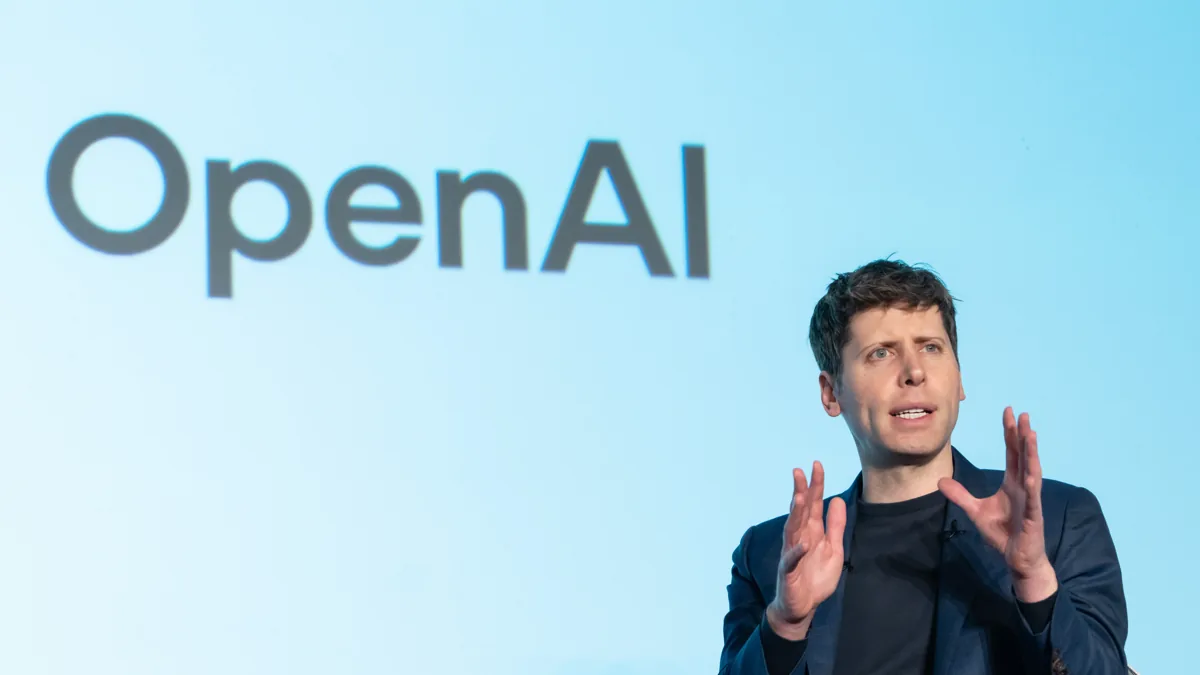OpenAI to Launch AI-Powered Hiring Platform

By John Ornstein
Senior Business Reporter
OpenAI is preparing to launch an AI-powered hiring platform that promises to revolutionize how companies recruit and evaluate candidates. The platform, expected to debut in early 2025, will use advanced language models to conduct initial candidate screenings, analyze resumes, and even facilitate preliminary interviews.
The announcement comes as companies across industries struggle with hiring challenges, from processing overwhelming numbers of applications to reducing unconscious bias in recruitment processes. OpenAI's solution aims to streamline these processes while maintaining fairness and accuracy in candidate evaluation.
"Traditional hiring processes are broken," said Sam Altman, CEO of OpenAI, during a recent presentation. "Companies spend countless hours reviewing resumes and conducting initial screenings, while candidates often wait weeks for responses. Our AI platform can handle these routine tasks instantly while ensuring every candidate gets fair consideration."
The platform will feature several key capabilities, including automated resume parsing and ranking, AI-conducted phone screenings, and bias detection algorithms. The system can analyze thousands of applications simultaneously, identifying the most qualified candidates based on customizable criteria set by hiring managers.
One of the most innovative features is the AI interview capability. Candidates will be able to participate in voice-based interviews with AI agents that can ask relevant questions, follow up on responses, and evaluate communication skills. The AI interviewers are trained to maintain conversational flow while gathering comprehensive information about candidates' qualifications and cultural fit.
OpenAI has partnered with several Fortune 500 companies for beta testing, including technology firms, financial services companies, and healthcare organizations. Early results show significant improvements in hiring efficiency, with some companies reporting 60% reductions in time-to-hire for entry-level positions.
The platform also addresses concerns about bias in hiring by implementing fairness algorithms that monitor for discriminatory patterns. The AI system is designed to focus on job-relevant qualifications while ignoring factors that could lead to unfair treatment of candidates from underrepresented groups.
However, the launch has not been without controversy. Labor advocates have raised concerns about the potential for AI systems to perpetuate existing biases or make hiring processes feel impersonal. OpenAI has responded by emphasizing transparency in its algorithms and maintaining human oversight throughout the process.
"We're not trying to replace human judgment in hiring," explained Dr. Sarah Johnson, OpenAI's head of enterprise solutions. "Our goal is to handle the routine, time-consuming tasks so that human recruiters can focus on building relationships with candidates and making final hiring decisions."
The platform will integrate with existing applicant tracking systems and HR software, making it easy for companies to adopt without overhauling their current processes. Pricing will be based on the number of candidates processed, with different tiers available for small businesses and large enterprises.
Industry analysts predict that AI-powered hiring tools could become standard practice within the next five years, as companies seek to improve efficiency and reduce costs in competitive talent markets. OpenAI's entry into this space could accelerate adoption across industries.
The company plans to roll out the platform gradually, starting with technology and professional services companies before expanding to other industries. Additional features, including video interview analysis and predictive analytics for employee retention, are planned for future releases.
As the hiring landscape continues to evolve, OpenAI's platform represents a significant step toward more efficient and equitable recruitment processes. Whether it delivers on its promises remains to be seen, but early indicators suggest it could fundamentally change how companies approach talent acquisition.
Related Articles
Bret Taylor's Sierra Raises $350M at $10B Valuation
The AI startup continues its rapid growth trajectory with latest funding round.
How Pricepoint Quietly Built Its Thought Leadership Empire
The consulting firm's strategic media acquisitions reveal a new approach to B2B marketing.
Anthropic Will No Longer Sell to Chinese-Owned Companies
The AI safety company tightens its international business policies.
US Army Awards $98.9M Contract to TurbineOne for AI Drone Detection
Military embraces AI technology for enhanced security operations.
